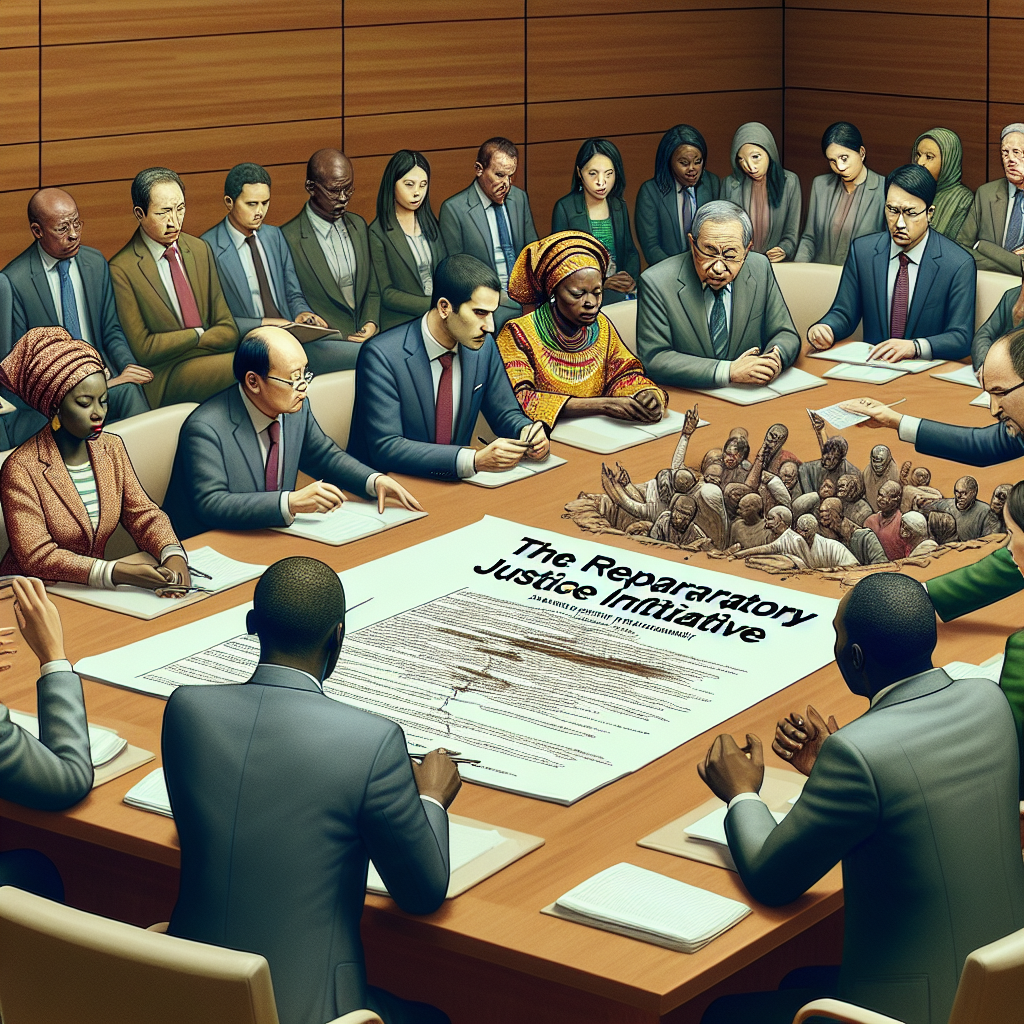Evaluating the Feasibility of the African Union’s Reparatory Justice Initiative
Evaluating the Feasibility of the African Union’s Reparatory Justice Initiative
Introduction to the Initiative
The African Union (AU) has embarked on a significant journey to address historical injustices through its Reparatory Justice Initiative. This ambitious project aims to seek reparations for the transatlantic slave trade and colonialism, which have left enduring impacts on the continent.
Key Objectives
The initiative is driven by several core objectives that aim to bring justice and healing to affected communities:
- Addressing historical injustices and their ongoing impacts.
- Securing financial and moral reparations from former colonial powers.
- Promoting healing and reconciliation across African nations.
Challenges and Considerations
While the initiative is noble, it faces several challenges that need careful consideration:
- Political Will: Gaining unanimous support from all AU member states and former colonial powers.
- Legal Complexities: Navigating international law to establish a legal basis for reparations.
- Economic Implications: Assessing the financial feasibility and potential economic impacts on both African nations and former colonial powers.
Potential Benefits
If successful, the Reparatory Justice Initiative could yield significant benefits:
- Fostering a sense of justice and closure for affected communities.
- Strengthening diplomatic relations between Africa and former colonial powers.
- Providing financial resources for development and poverty alleviation in African nations.
Conclusion
The African Union’s Reparatory Justice Initiative represents a bold step towards addressing historical wrongs and fostering a more equitable future. While challenges remain, the potential benefits of healing, justice, and economic support make it a crucial endeavor for the continent. The success of this initiative will depend on the collective commitment of African nations and the international community to confront and rectify the legacies of the past.




































